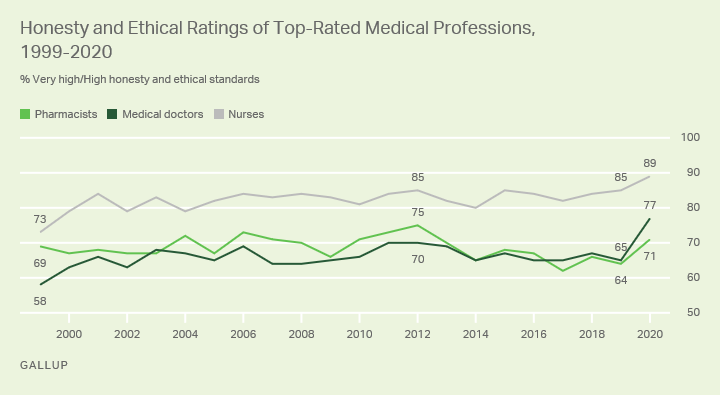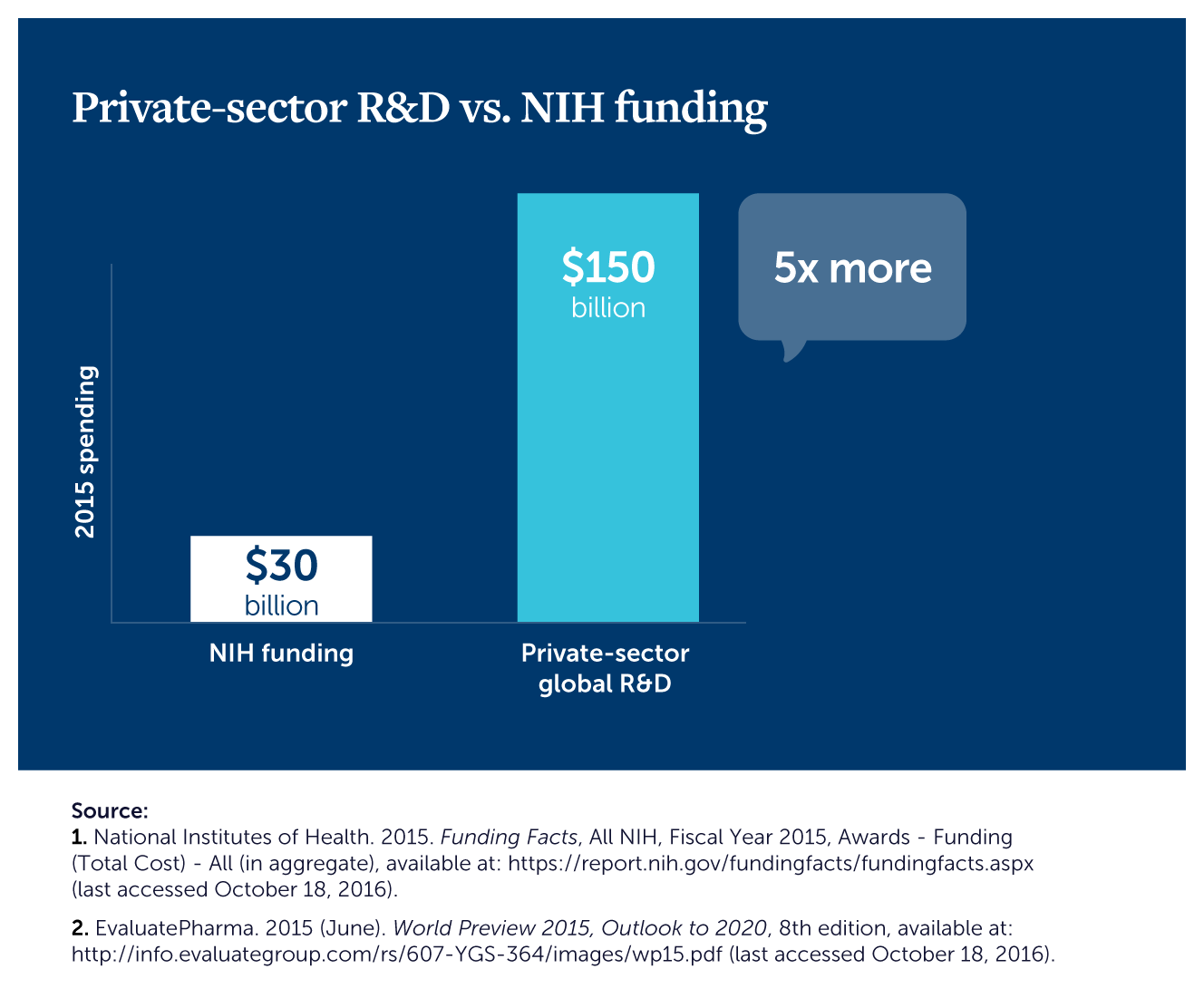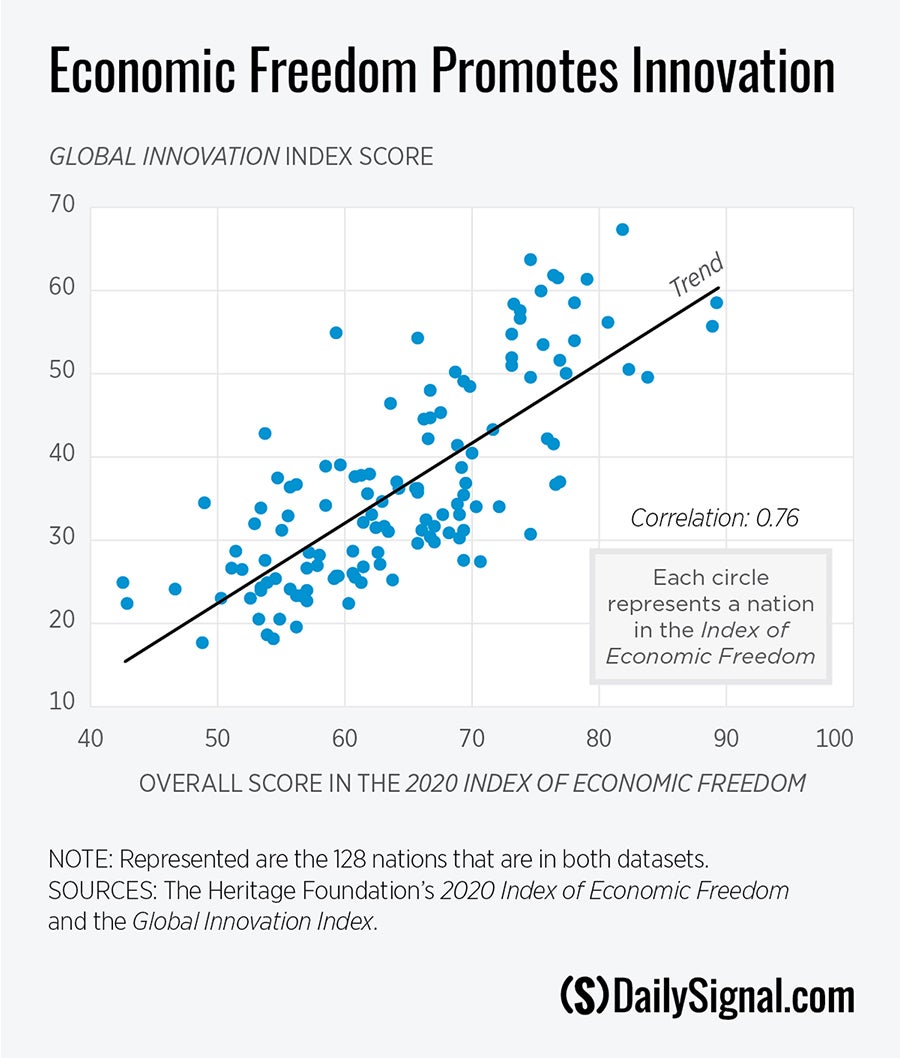New Lung Cancer Breakthrough Illustrates the Potential Peril of Drug Price Controls
We at CFIF often highlight the clear and present danger that drug price control schemes pose to American consumers, who benefit from our private pharmaceutical sector that leads the world – by far – in innovation. A new lung cancer treatment breakthrough in the form of Amgen’s Lumakras illustrates that interrelationship.
Simply put, Lumakras reduced the risk of progression by 34% compared to chemotherapy in patents with advanced lung cancer, which is particularly welcome considering lung cancer’s especially low survival rate (18.6% over five years, and just 5% for advanced forms). The breakthrough required years of research and enormous amounts of investment, however, which The Wall Street Journal notes makes Lumakras the type of innovation put at risk by new drug price controls recently enacted by Congressional Democrats and the Biden Administration:
The drug is by no means a cure, but progress occurs at the margin and some patients who had what amounted to a death sentence now have hope to live. Lumakras is also much less brutal than chemotherapy.
Yet the drug might not have been developed had the Medicare take-it-or-leave-it negotiations that Democrats recently enacted been in effect earlier. Their price controls will penalize in particular small-molecule drugs like Lumakras that have the potential to help large numbers of patients. Within six years, Lumakras could be targeted by bureaucrats for price controls and the payoff on Amgen’s investment could vanish.
The reason for that is simple. Straightforward economic principles dictate the inevitable negative blowback from government price controls, whether in the form of 1970s gas lines here in the U.S. or food shortages in Venezuela.
Even the United Nations World Health Organization (WHO) warns explicitly about these negative consequences of price controls on drug innovation:
[P]rice controls, combined with the threat of market lockout or intellectual property infringement, prevent drug companies from charging market rates for their products, while delaying the availability of new cures to patients living in countries implementing those policies.
Closer to home, a recent University of Chicago study quantified the destructive effect of drug price controls on future lifesaving innovations:
The United States has fewer restrictions on price than other countries, but the Biden Administration has announced their goal to lower drug prices through greater price regulation… [N]ew drug approvals will fall by 32 to 65 approvals from 2021 to 2029 and 135 to 277 approvals from 2030 to 2039. These significant drops in new drug approvals will lead to delays in needed drug therapies, resulting in worse health outcomes for patients.
As the University of Chicago points out, the U.S. maintains a more market-oriented approach to pharmaceutical innovation than other developed nations, which benefits American consumers. Of 270 new medicines introduced here in the U.S. since 2011, for instance, Canadians could only access 52% of them, the Germans 67%, the British 64%, the French 53%, the Japanese 48% and the Australians just 41%. Moreover, the U.S. accounts for two-thirds of all new drugs introduced to the world.
The real-world numbers speak for themselves. Americans benefit immensely from our world-leading pharmaceutical sector, and Lumakras offers just the latest welcome example. The sooner the recent drug price control schemes are repealed or scaled back, the more Americans who suffer from cancer and other ailments stand to benefit.





 CFIF Freedom Line Blog RSS Feed
CFIF Freedom Line Blog RSS Feed CFIF on Twitter
CFIF on Twitter CFIF on YouTube
CFIF on YouTube